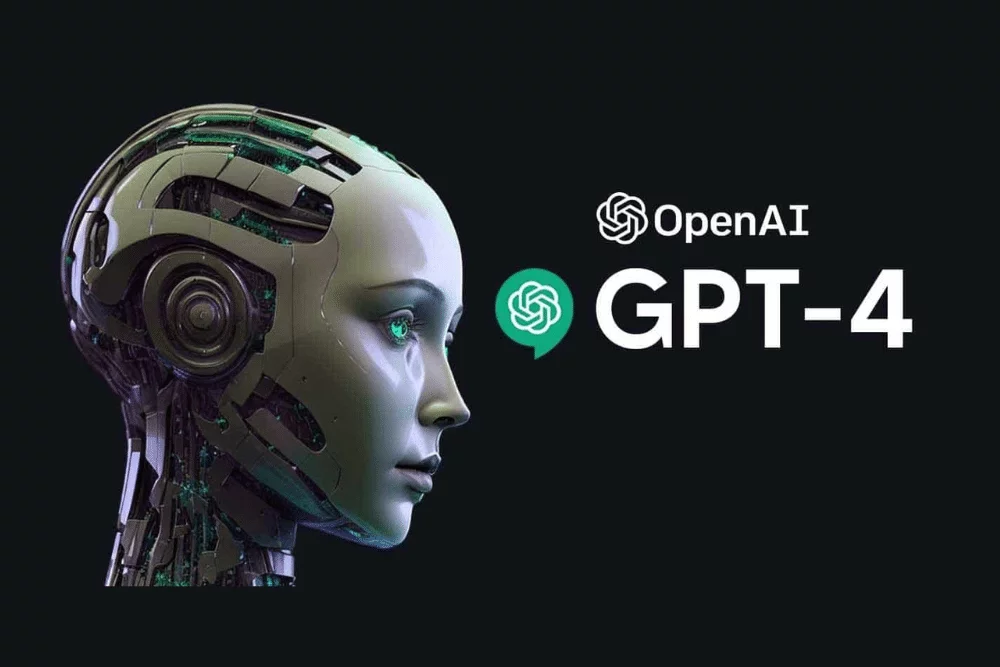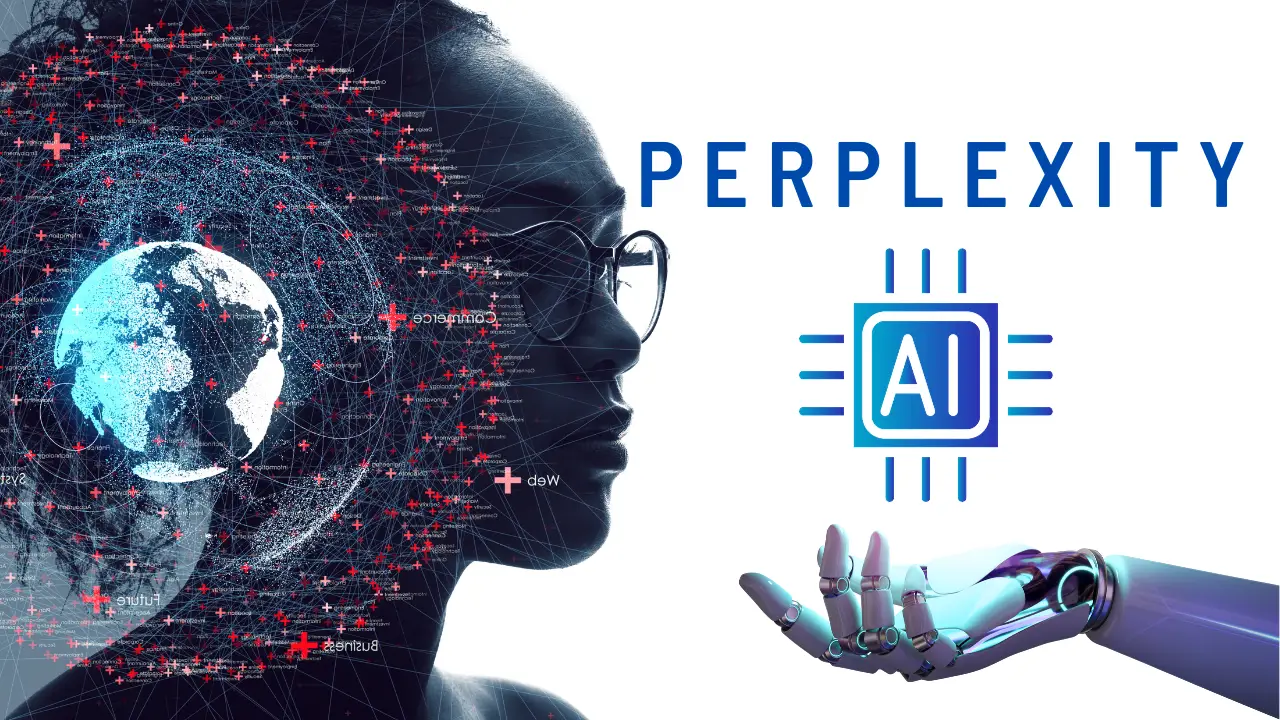The advent of Artificial Intelligence (AI) has dramatically revolutionized several industries, and the video game industry is no exception. With its humble beginnings dating as far back as the 1950s, AI has progressively evolved, bringing a paradigm shift in the gaming landscape. This drastic evolution, mixed with the incorporation of AI in gaming, creates an enticing blend of technology and creativity that has been pivotal in enhancing players’ immersive experience. From crafting complex Non-Player Characters (NPCs) to creating comprehensive game development strategies, AI’s role in video gaming is continually redefining the boundaries for what’s achievable in this dynamic industry.
History of AI in Video Gaming
AI in Video Gaming: The Dawn of a New Era
The origins of AI in video gaming can be traced back to as early as the 1950s. One of the first games to use AI was a checkers game developed by IBM. However, it wasn’t until the 1980s, with games like Pac-Man, that AI started to play an integral role in shaping game play experiences. In Pac-Man, the ghosts employed algorithms to determine their movements, showcasing an early implementation of AI to make gameplay more challenging and unpredictable.
Key Milestones in AI Gaming
Among the critical milestones in this journey, the introduction of pathfinding algorithms in 1990 significantly transformed the gaming experience. Games such as MicroProse’s ‘Civilization’ used these algorithms, allowing non-player characters (NPCs) to navigate around obstacles in the game environment.
In 1997, IBM’s supercomputer Deep Blue dramatically highlighted the potential of AI in gaming by defeating the world chess champion, Garry Kasparov. This success marked a major turning point in demonstrating the capabilities of AI in strategic decision making.
The 2000s witnessed further advancements, with games like ‘Black & White’ from Lionhead Studios, where creatures learnt from player’s actions, and ‘The Sims’, offering an unprecedented level of AI-driven character behavior, lifestyle, and interactions.
AI in Gaming: A Double-Edged Sword
AI in gaming has not always been marked by success. Early AI systems often seemed omniscient, making gameplay less enjoyable due to a lack of unpredictability. Challenging but fair AI is a fine balance to strike and games like ‘Aliens: Colonial Marines’ from 2013 were criticized for having extremely inconsistent AI behavior, affecting the overall gaming experience.
The Modern Age of AI in Video Gaming
Today, AI is much more sophisticated, incorporating elements of machine learning and advanced algorithms that make games more immersive and realistic. Game AIs are now designed to adapt to player behavior, make strategic decisions, and even exhibit emotional responses.
In ‘Middle-earth: Shadow of Mordor’ (2014), the Nemesis System features adversaries who remember past encounters with the player and adjust their behavior accordingly, creating a unique, dynamic narrative for each player. Similarly, ‘Alien: Isolation’ boasts an AI system where the alien learns from the player’s actions, creating a tense, unpredictable chase.
Deep learning and neural networks have also started to make their presence felt in video gaming. AlphaGo, a computer program developed by Google DeepMind, bested a world champion Go player in 2016, showcasing the potential of deep learning in strategy games.
Furthermore, in multiplayer games, AI bots are being used to fill in for human players, offering gaming experiences that can be personalized according to the player’s skill level.
AI in modern gaming is not just limited to gameplay but extends to game development as well. Procedural content generation, an area where AI generates game content like levels, quests, items, is being implemented, like in ‘No Man’s Sky’. This use of AI can potentially offer an infinite variety of gaming experiences, which are tailored to individual player preferences.
An Overview of AI in the World of Gaming
From humble beginnings to its pivotal role today, the journey of AI in video gaming has been an exciting evolution. Artificial intelligence has played a key role in transforming the gaming landscape, starting with simple pathfinding algorithms and expanding towards sophisticated deep learning systems. As advancements in AI continue to skyrocket, the gaming industry is primed to witness further progressions that will redefine how games are played, adding more layers of engagement, distinctiveness, and entertainment.

Current Applications of AI in Video Games
The Role of AI in Engaging Gameplay and Dynamic Non-Player Characters
Tracing back to the birth of the gaming industry, Artificial Intelligence (AI) has always played a hand in shaping the gaming experience. Today, it plays an influential role in enhancing this experience, especially when it comes to interactions with non-player characters (NPCs). Over the years, thanks to AI, NPCs have evolved to showcase a wide array of behaviors and even simulate emotions — resulting in a much more immersive experience for players. A prime example is Rockstar Games’ ‘Red Dead Redemption 2,’ where NPCs maintain unique routines and exhibit varying reactions based on the player’s actions. Such intricate behavioral patterns are a testament to the sophistication and complexity of AI algorithms used in modern games.
AI in Game Development and Design
AI is an instrumental tool in game development and design. It is used to generate levels and environments dynamically, such as in “Minecraft,” where every game world is unique. In Ubisoft’s game, “Ghost Recon Wildlands,” the developers used AI to generate an entire country’s worth of terrain and biomes. This procedural generation allows developers to create large, immersive worlds faster than ever before. Thereby, the application of AI in creating levels and designing games has led to the development of more diverse and expansive game environments.
AI Impacting Graphics Enhancement at Real Time
Video games have utilized AI to enhance graphics in real time. NVIDIA’s Deep Learning Super Sampling (DLSS) technology is a striking example. DLSS uses AI and machine learning to upscale lower-resolution images in real time, allowing games to have higher visual fidelity without the performance impact usually associated with high-resolution rendering. Games like “Cyberpunk 2077” and “Control” showed significant performance improvements when using DLSS technology, emphasizing the role of AI in enhancing game graphics.
Realistic Animation and Immersion Through AI
Moreover, AI has provided significant benefits in creating more realistic animations and enhancing player immersion. With motion capture technology, an actor’s movements can be accurately recreated in-game. But motion capture is limited, unable to account for every possible action a player may choose. AI fills in the gaps, interpolating between known animations to create new, realistic movements. Games like “The Last of Us Part II” use AI in this way to provide immersive and realistic character animations.
In today’s digital world, artificial intelligence (AI) plays a significant role in video gaming. It is employed in various aspects such as gameplay, interactions with non-playable characters (NPCs), game design, and development, as well as graphics enhancement. With continual advancements in AI technology, the potential for enhanced realism and immersion in video games increases, opening avenues to innovative and immersive gaming experiences.

Photo by warrenumoh on Unsplash
Impact and Significance of AI
The Role of AI in Elevating Gaming Experience
Artificial intelligence offers video game developers the tools to design complex, adaptable, and dynamic environments that captivate and challenge the players. It enables characters to exhibit both proactive and reactive behaviors, thus creating a more engaging gaming experience. In addition, AI’s capacity to adapt a game’s difficulty level in tune with a player’s skill level keeps the players genuinely invested. AI also significantly enhances storytelling elements by bestowing NPCs with human-like unpredictability, thereby making the narrative more compelling and the gaming world more lifelike.
AI and Multiplayer Interactions
Artificial intelligence greatly impacts multiplayer gaming by replacing or supplementing human players when required. In some games, AI can operate as a game master, introducing twists and scenarios that keep multiplayer interaction engaging. AI also comes in handy in replacing human players who have dropped out of multiplayer games, so the gaming experience continues uninterrupted.
AI in Game Development
From a developer standpoint, AI reduces manual labor and time taken in creating game elements. Instead of scripting individual behaviors for every NPC or entity in a game, developers can employ algorithms that learn, adapt, and react based on certain set parameters. Consequently, each AI entity can generate numerous variations of reactions, behaviors, and choices which significantly enrich the gaming experience.
An Economic Perspective
AI also plays a crucial role when seen through an economic lens. The gaming industry is a competitive marketplace where the success of a video game often hinges on how immersive, unique, and engaging the gameplay is. Here, investing in AI development can offer a significant competitive advantage. AI can create games that adapt to individual players, providing personalized experiences that are in high demand today, thereby driving revenue growth.
Moreover, through machine learning techniques, AI can parse through lots of data to offer insights and predictions about player behavior and trends. These insights aid in the development of future games and updates, ensuring gamer engagement, and consequently, consistent revenues.
Competitive Impacts
The incorporation of AI in video games also affects the competitive balance within these games. Platforms that can emulate human-like movements and decisions create a balanced competitive environment, especially in multiplayer modes, thereby keeping games fair and challenging. At the same time, these enhancements pose new challenges for developers in simultaneously maintaining the fun aspect of games.
AI Shaping the Landscape of Future Video Gaming
Artificial Intelligence, or AI, is set to revolutionize the future of the gaming industry. Far beyond improving Non-Player Characters (NPCs), AI stands poised to create highly interactive and evolving virtual realities. Thanks to significant advancements in AI technology, we inch closer to a future where game worlds display remarkably lifelike behavior. This promises to create a virtual landscape that is not only more immersive but also infinitely more thrilling.

Photo by mrnuclear on Unsplash
Future Trends and Potential of AI in Gaming
The Increasing Role of AI in Video Gaming and What Lies Ahead
As we look forward, it’s clear that the role of AI in the gaming industry is set to become more significant. The expectation is to see AI being utilized to craft hyper-realistic and deeply immersive experiences. A notable trend in this area is the rise of procedural content generation. This is a technique where AI is used to spontaneously generate levels, games, and other content. The result is an enduring and replayable game since every experience offers something new and unique.
In addition, repercussions of the influence of AI can be seen in the creation of AI-powered Non-Player Characters (NPCs). Instead of having NPCs that follow predetermined routines, the future points towards NPCs adapting and responding dynamically to the actions of the players. This advancement in realism doesn’t just enhance gameplay visuals, it inherently redefines the experience by making every playthrough individual and unique.
Anticipated Advancements in AI and Video Gaming
Machine learning, a subset of AI, is anticipated to bring monumental changes to the video gaming landscape. Today’s AI in gaming often involves pre-programmed reactions and routines. In contrast, machine learning allows game characters to “learn” and adapt based on player behaviour.
Additionally, state-of-the-art AI models like GPT-3 have shown potential in generating interactive storytelling, which could revolutionize story-based games. Players could have real conversations with game characters, or the story could dynamically evolve based on the player’s actions.
With the integration of AI in virtual reality (VR) and augmented reality (AR) gaming, a huge leap in gaming immersion can be expected. Games will become more life-like and interactive with real-time personalized modifications, making every gaming experience unique for each player.
Challenges of AI in Video Gaming
Despite the exciting advancements, there are significant challenges posed by the integration of AI in video games. One main issue is the computational power required for advanced AI algorithms. Complex AI capabilities often demand heavy resources, which could impact the game’s performance or require more powerful hardware from the user.
Ethical and privacy concerns are another critical challenge. With AI’s ability to learn and analyze player behavior, there need to be robust guidelines on how this data is stored, processed, and used. There is a fine line between improving player experience and infringing on privacy, and the gaming industry must navigate this carefully.
AI Experimentation in VR, AR, and Game Design
The arenas of VR, AR, and game design are exciting areas of AI experimentation. Gaming companies are using AI to map real-world actions to in-game movements in VR and AR, creating an immersive, intuitive experience. In game design, AI aids in the development of realistic behaviors, adaptive difficulty, and dynamic environments.
For example, AI lenses in AR games transform the surroundings into a playground. In game design, adaptive AI can adjust the difficulty level depending on the player’s skill, ensuring an optimal challenge for every gamer.
While the possibilities of AI in video gaming are enormous, there are still many milestones to achieve. As technology advances, the line between virtual and real-life experiences continues to blur, making the future of gaming an exciting prospect to look forward to.

From early implementations to intricate systems, AI has steadily established itself as an essential technology in gaming’s current narrative and its future. As we stand on the precipice of several promising advancements, the importance of AI in gaming is poised to grow even more substantial. Through improvements in virtual reality, augmented reality, machine learning, and game design, AI provides unique opportunities for developers and gamers alike. With constant innovation and experimentation, AI in video gaming is paving the path for a tantalizing future, promising a multidimensional gaming experience that is richer, more interactive, and unbounded by the limitations of the physical world.


